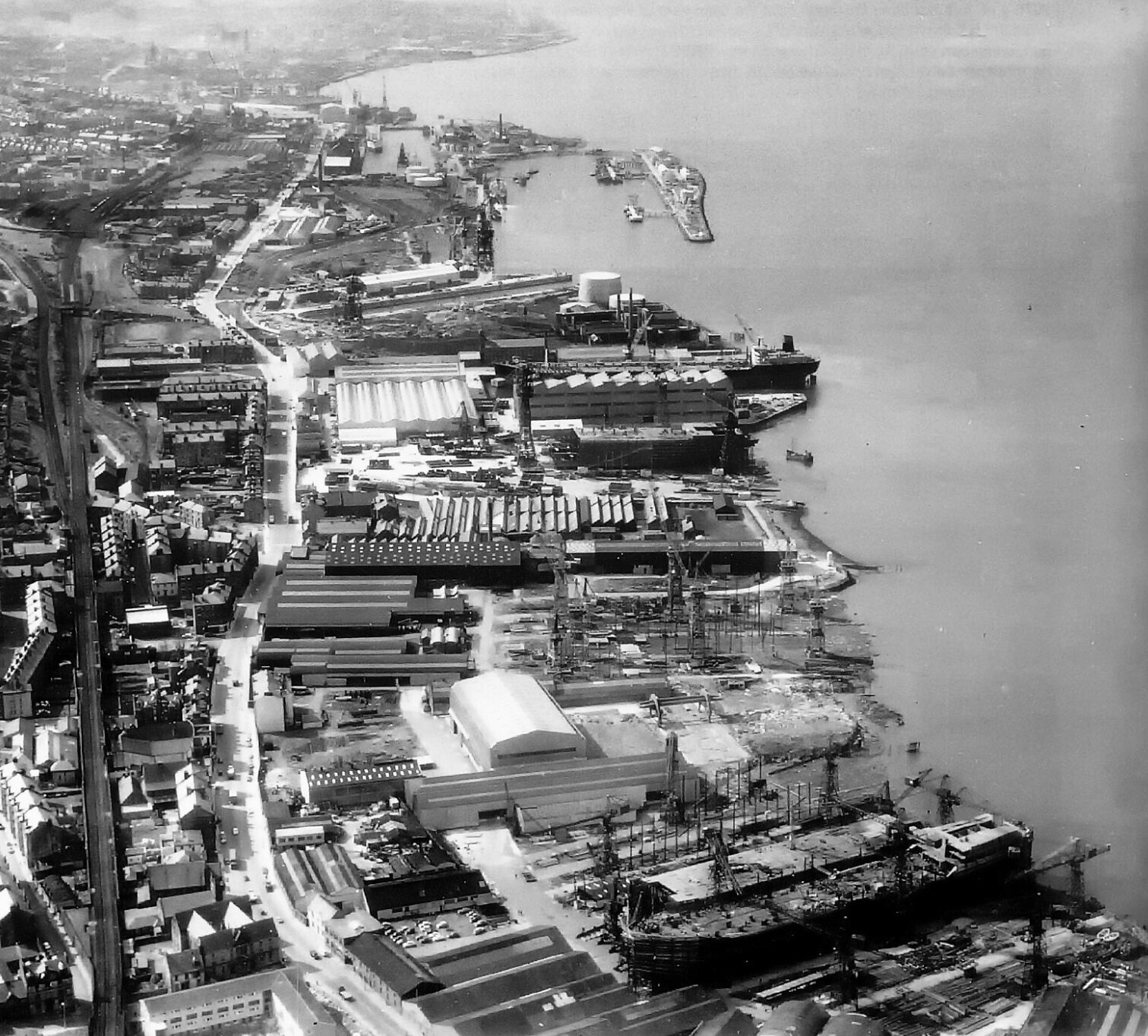
Port Glasgow
from Renfrewshire sheet VII.SE revised 1938: Reproduced with the permission of the National Library of Scotland
Over the past 250 years, Port Glasgow has seen the best and the worst of times. It benefited hugely from the industrial revolution and the wealth and growth of the British Empire.
In more recent years, industrial decline led to depopulation and associated socio-economic challenges but 'the Port' is at last benefiting from much-needed urban improvements.
Origins
Port Glasgow is the second of Inverclyde’s three former burghs. Originally known as ‘Newark’, the fishing village whose 16th century castle still stands on the foreshore, Port Glasgow took its name as the ‘Port of Glasgow’ in the 17th century. The River Clyde was not navigable as far as Glasgow, so merchants unloaded cargoes of tobacco, sugar, rum, hemp, timber 18 miles downriver at Port Glasgow. In 1775 the town became known by its present name.
Heyday
In recent times, the demise of traditional heavy industry throughout the UK resulted in a rapid decline in the town’s prosperity. In its heyday, Port Glasgow had many shipbuilders along the waterfront – John Wood, Cairds, Hamiltons, Duncans, Fergusons, Lamonts and Lithgows. The ‘Comet’, the first commercial steam ship in Europe, was built here. Yards in the ‘Port’ built tea clippers, merchantmen, cargo vessels and latterly, super tankers, which were built in two sections and joined together after launch. Today, Ferguson Marine is the last remaining shipyard.
Modern Times
Gourock Ropework Apartments
Beyond shipbuilding, the town’s Gourock Ropework Co. Ltd. was the largest rope manufacturer in the world. It was established in 1736 and had operations in 70 countries. Now mostly demolished, its main mill building has been converted into fashionable loft apartments. Port Glasgow’s demise as a major employer happened over a relatively short period between the 1970s and the 1990s. At its peak, population was around 23,000 but today, that is nearer 15,000 although nowadays, Port Glasgow has benefited from the trend towards out-of-town shopping and is home to Inverclyde’s main retail park.
Further information
Port Glasgow Heritage Walk by Liz Smith
Port Glasgow: Undiscovered Scotland
Stanley Spencer: Art from Different Fronts of WW1
Image: The Comet Replica
.




